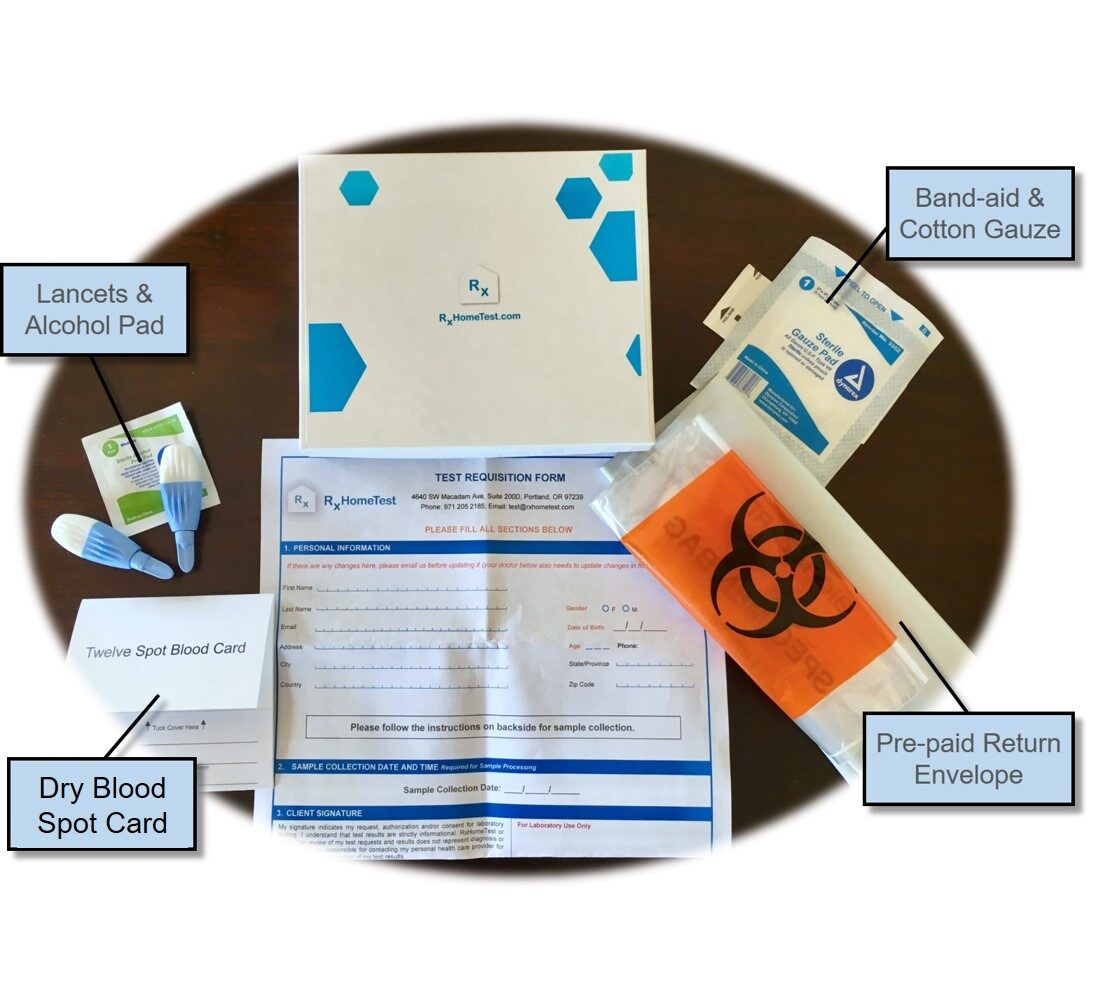When it comes to choosing a food sensitivity test, there are several factors to consider to ensure you are getting accurate and reliable results. One important factor to consider is the type of testing method used. There are various testing methods available, such as blood tests, elimination diets, and skin prick tests. Blood tests, like the Immunoglobulin G (IgG) test, can measure levels of antibodies to specific foods in your blood. This type of testing can provide valuable information on foods that may be triggering an immune response in your body. However, it is important to note that some experts believe IgG testing may not always be accurate and there is ongoing debate in the scientific community about its efficacy.
Another factor to consider when choosing a food sensitivity test is the cost. While some tests may be covered by insurance, others may not be and can be expensive out-of-pocket. It is important to weigh the cost of the test against the potential benefits of identifying and avoiding trigger foods. Additionally, consider whether the test is a one-time expense or if follow-up tests may be necessary to monitor changes in sensitivity over time.
It is also important to consider the reliability and accuracy of the testing lab. Look for a reputable lab that follows standardized testing protocols and has a good track record of providing accurate results. Some labs may offer at-home testing kits, while others may require a visit to a healthcare provider for testing. Be sure to research the lab’s credentials and read reviews from other customers to ensure you are choosing a reliable option.
If you have specific dietary restrictions or allergies, consider whether the test can accommodate your needs. Some tests may be limited in the number of foods they can test for, so make sure the test you choose includes common trigger foods that you suspect may be causing your symptoms. Additionally, consider whether the test results will provide you with actionable recommendations for managing your food sensitivities. Some tests may come with personalized dietary plans or consultations with a healthcare provider to help you navigate your results.
Lastly, consider your own health goals and motivations for seeking a food sensitivity test. If you are experiencing significant symptoms that may be related to food sensitivities, a test may provide valuable insights into your triggers and help you make informed decisions about your diet. On the other hand, if you are simply curious about potential sensitivities or looking to optimize your diet for general health reasons, a test may still be beneficial in identifying problematic foods that could be impacting your well-being.
In conclusion, when choosing a food sensitivity test, it is important to consider the type of testing method used, the cost, the reliability of the testing lab, the foods tested, and your own health goals. By carefully considering these factors, you can select a test that best fits your needs and provides you with valuable information to help you manage your food sensitivities effectively.


